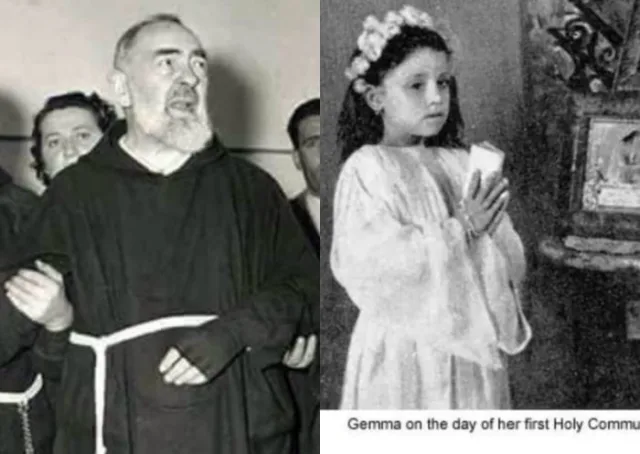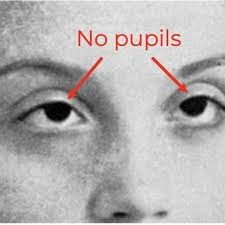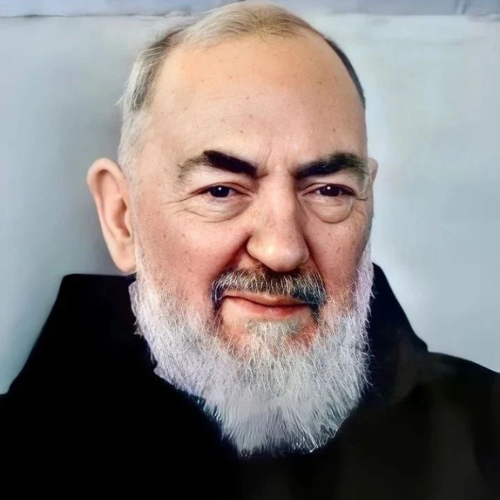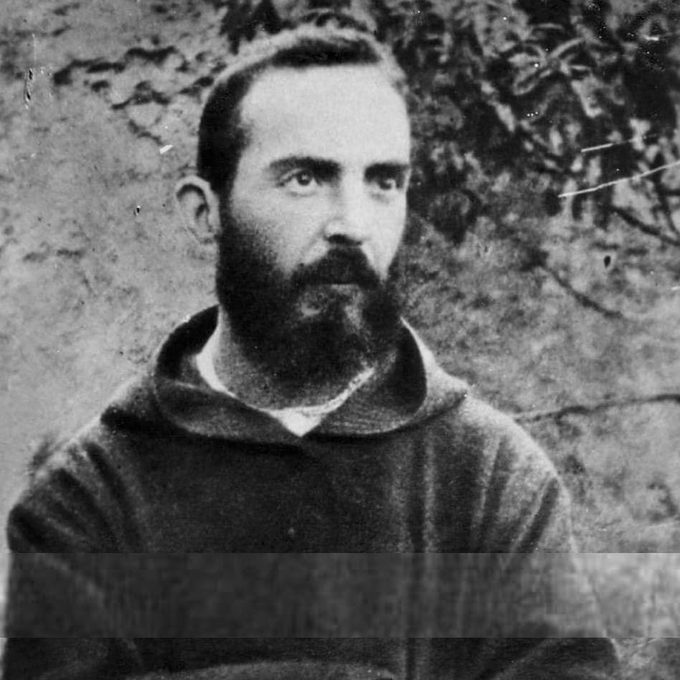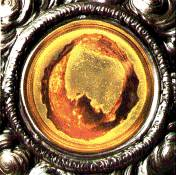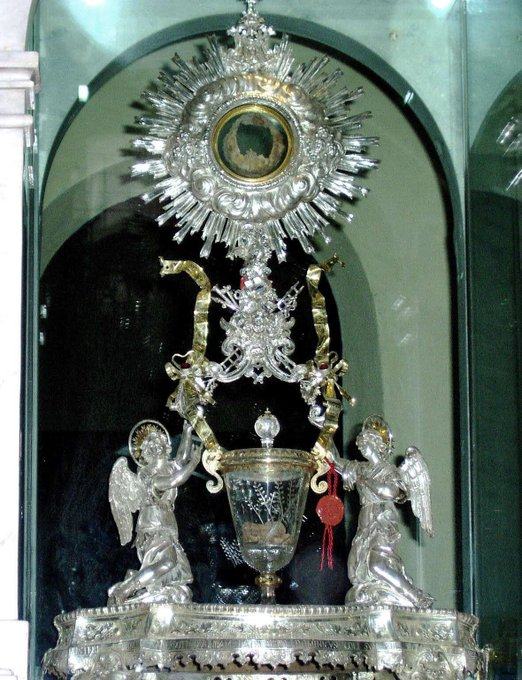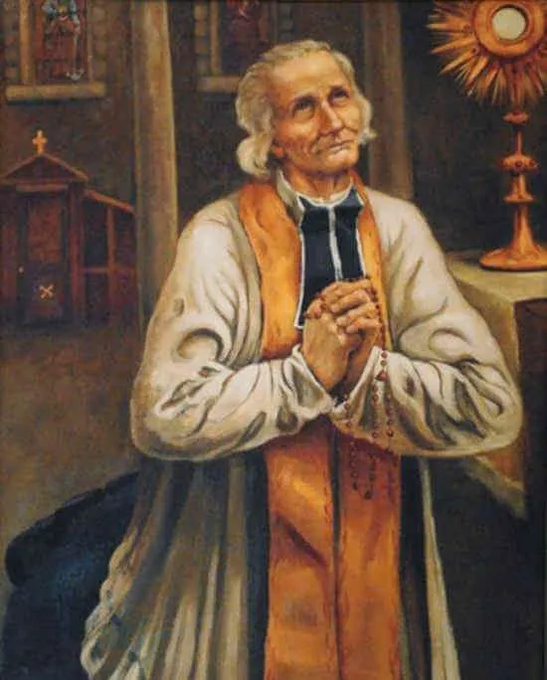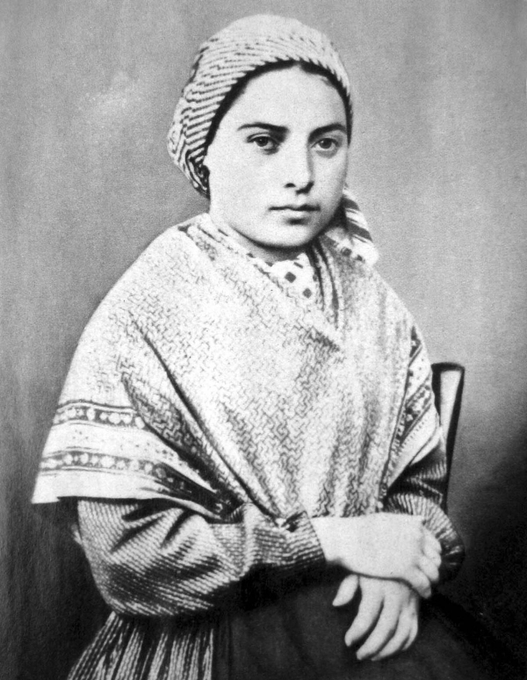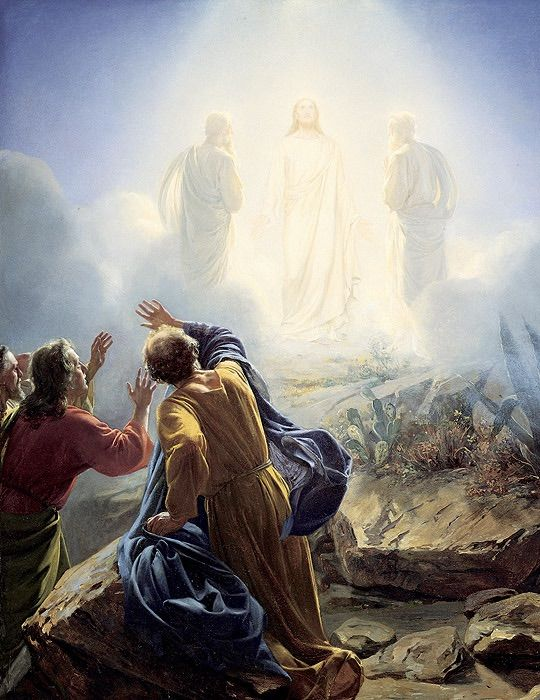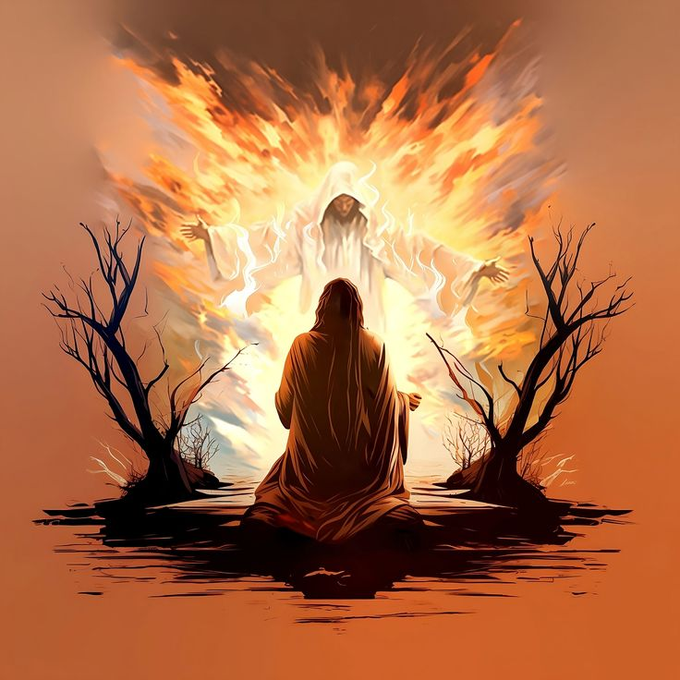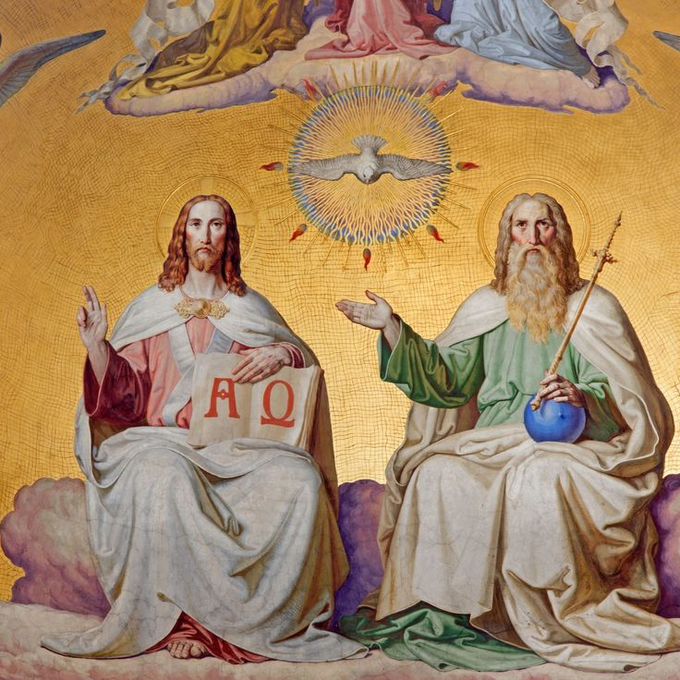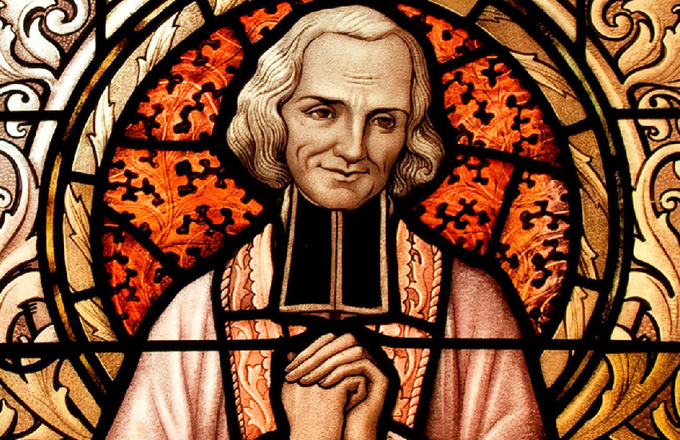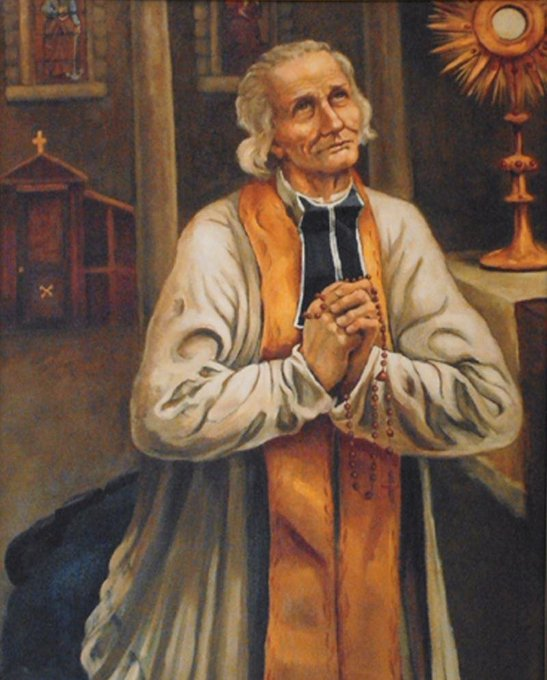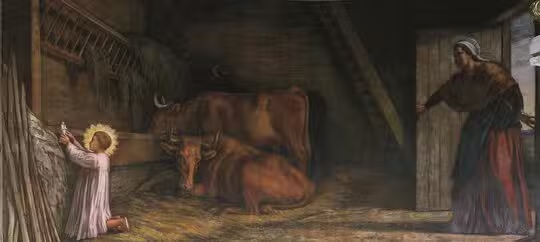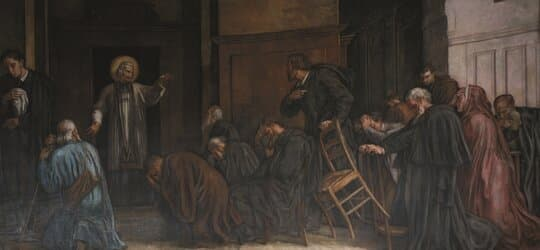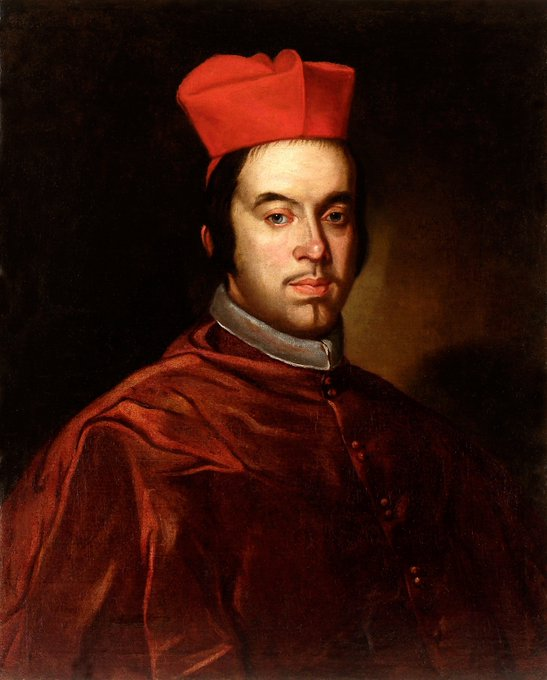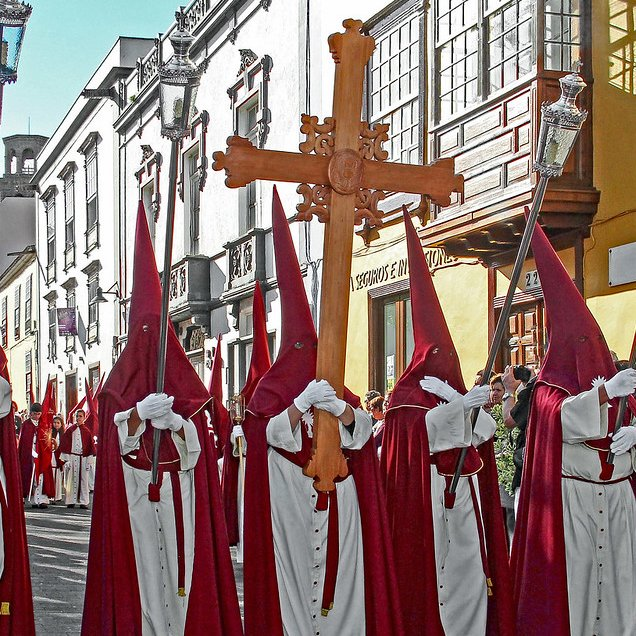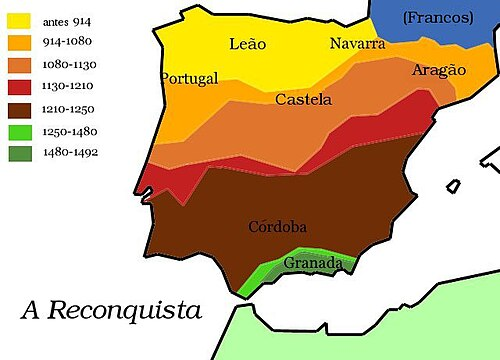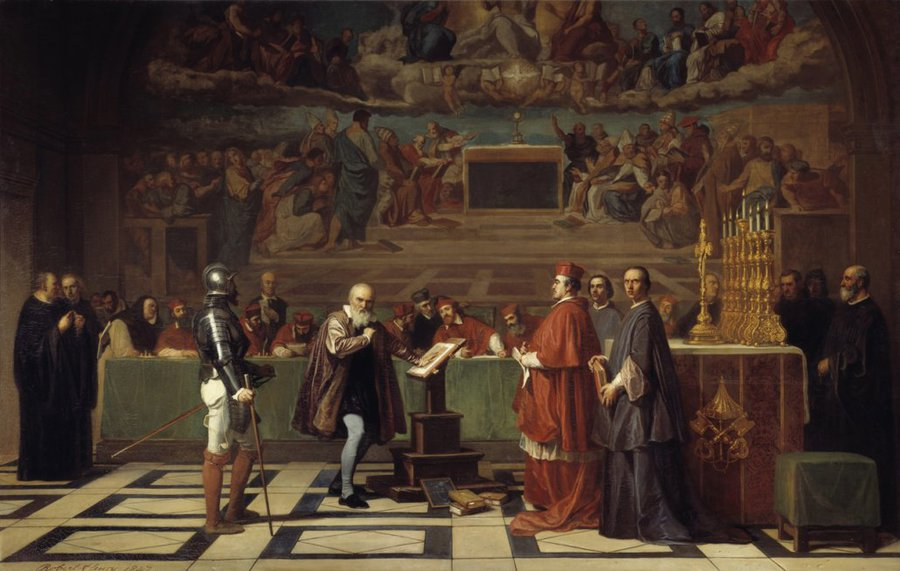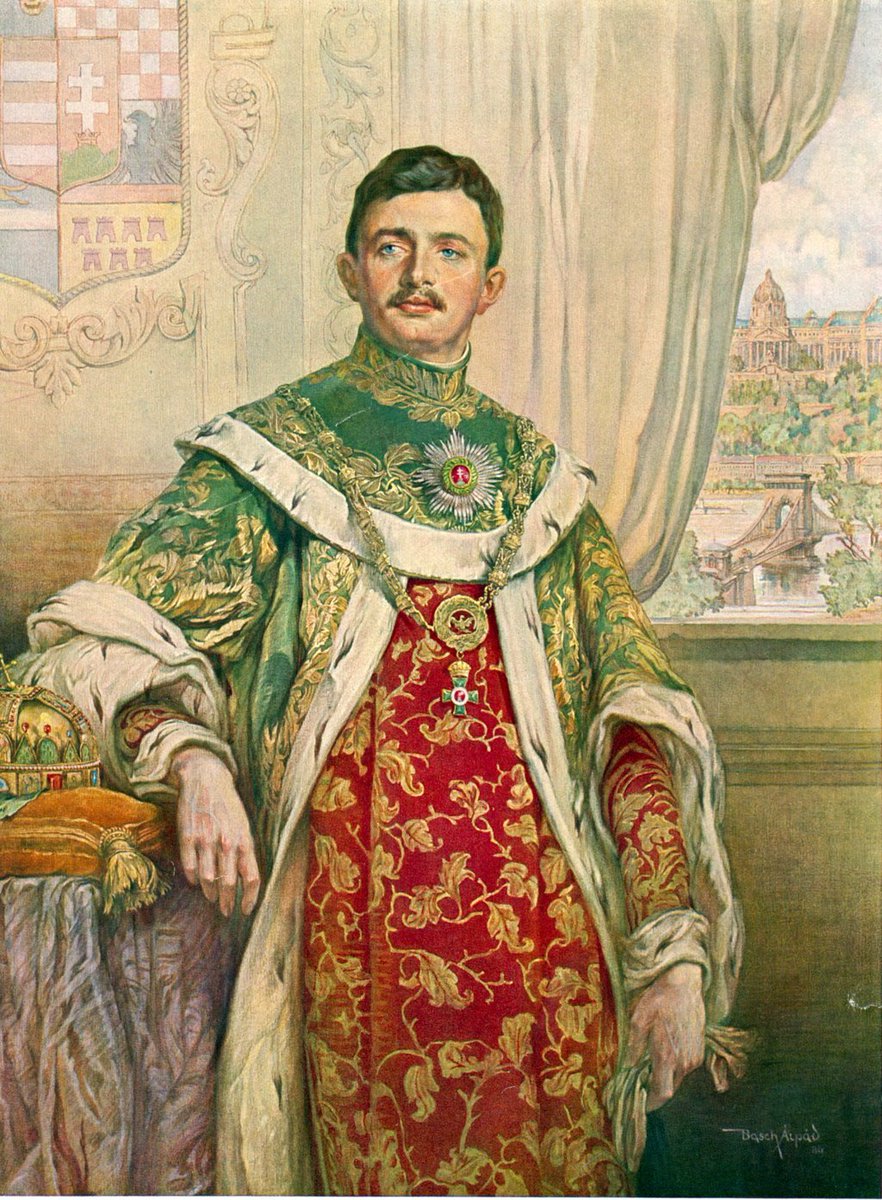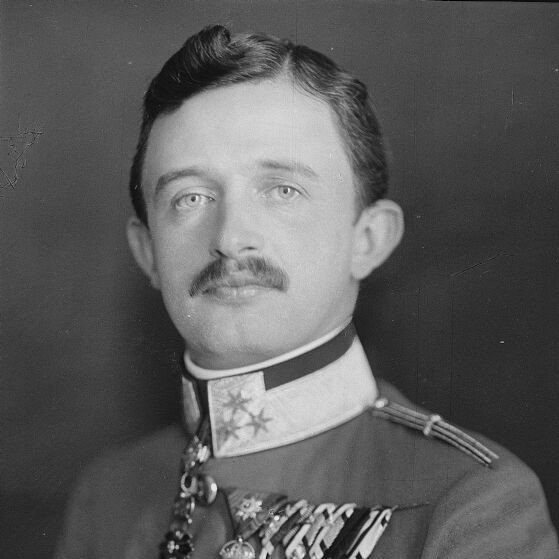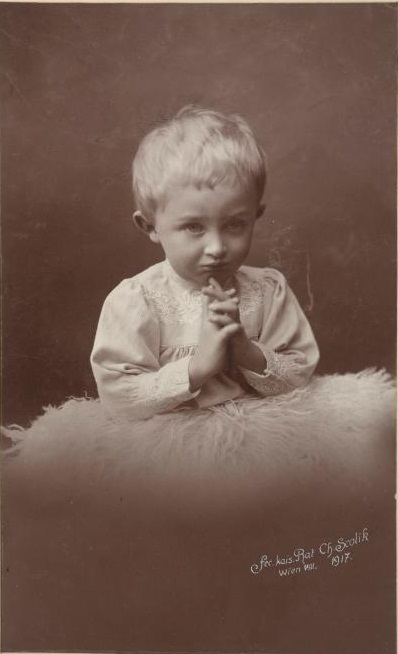They were warrior-monks. Crusaders. Men of God.
Until one Friday the 13th, they were all arrested.
This is the fall of the Knights Templar, and the king who died under their curse - a🧵✝️

Until one Friday the 13th, they were all arrested.
This is the fall of the Knights Templar, and the king who died under their curse - a🧵✝️
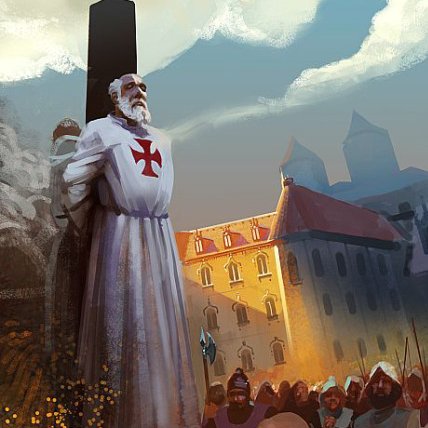
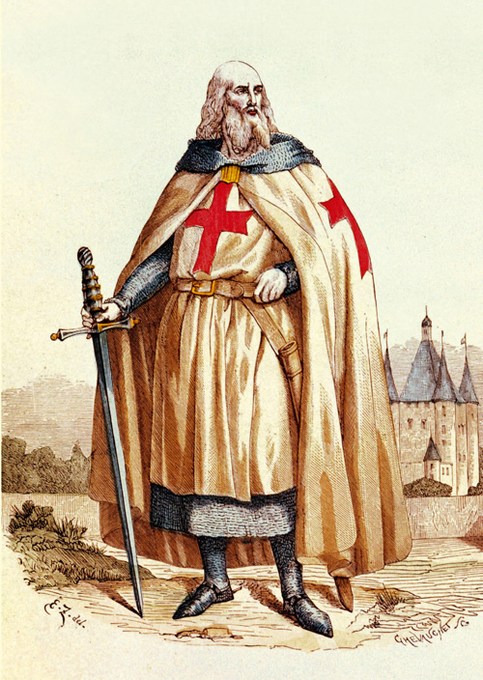
On October 13, 1307, at dawn, King Philip IV of France ordered the simultaneous arrest of every Templar in his kingdom.
Hundreds were seized, including Grand Master Jacques de Molay.
The date, Friday the 13th, would live in infamy.
Hundreds were seized, including Grand Master Jacques de Molay.
The date, Friday the 13th, would live in infamy.
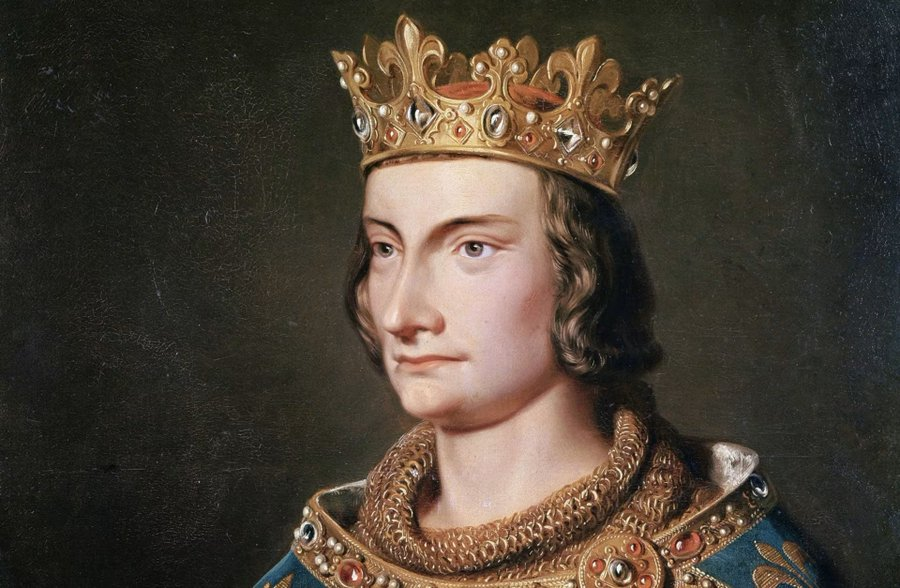
The charges? Heresy, idolatry, blasphemy, and sexual perversion.
But historians agree: these were fabricated.
Philip owed the Templars massive debts and saw an opportunity to erase them, and seize their wealth.
But historians agree: these were fabricated.
Philip owed the Templars massive debts and saw an opportunity to erase them, and seize their wealth.
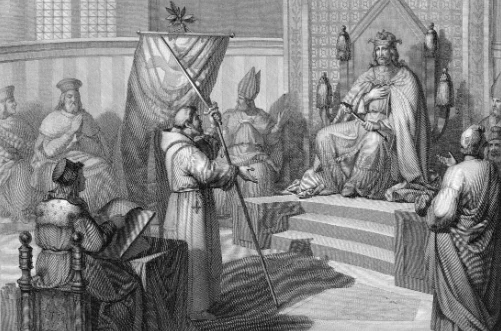
Under torture, many Templars confessed to false charges.
But when Pope Clement V attempted to investigate, Philip forced his hand.
By 1312, the Pope had officially dissolved the Order.
But when Pope Clement V attempted to investigate, Philip forced his hand.
By 1312, the Pope had officially dissolved the Order.
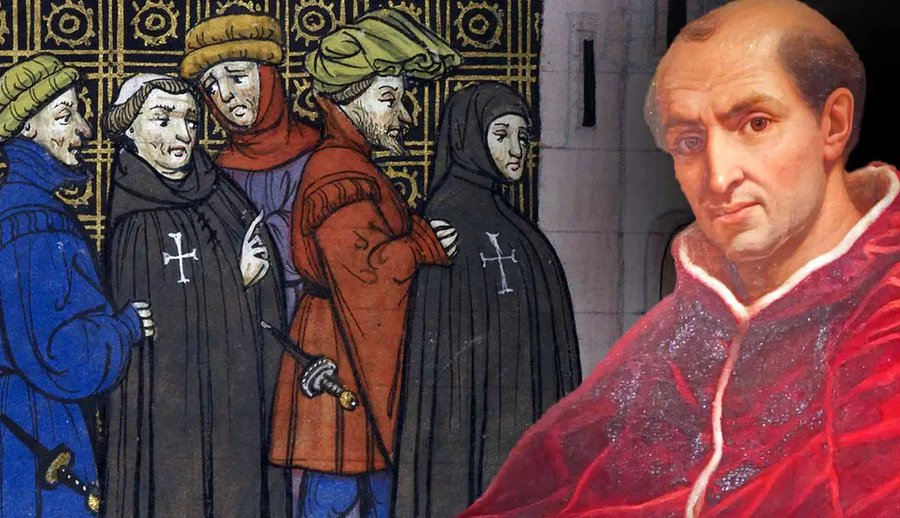
On March 18, 1314, Jacques de Molay was burned alive in Paris,
As flames consumed him, he looked toward Notre-Dame and declared,
“God knows who is wrong and has sinned, soon a calamity will fall on those who condemned us,”
As flames consumed him, he looked toward Notre-Dame and declared,
“God knows who is wrong and has sinned, soon a calamity will fall on those who condemned us,”
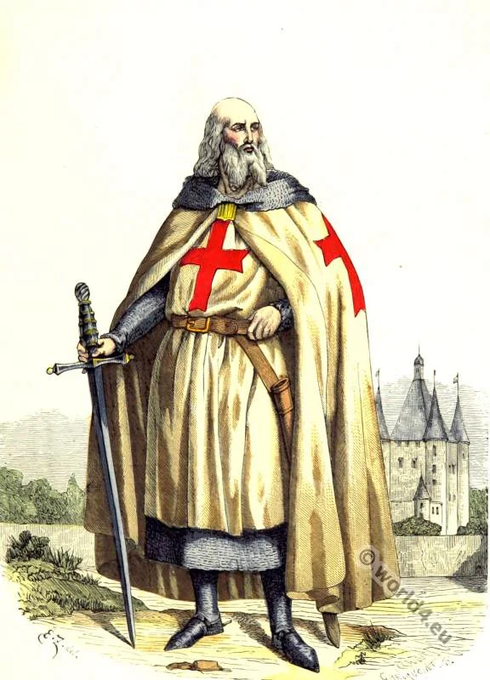
Within a month, Pope Clement V was dead.
Within the year, King Philip IV died suddenly.
Then one by one, his sons, heirs to the French throne, died young and heirless.

Within the year, King Philip IV died suddenly.
Then one by one, his sons, heirs to the French throne, died young and heirless.
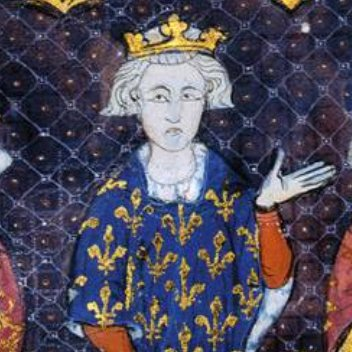
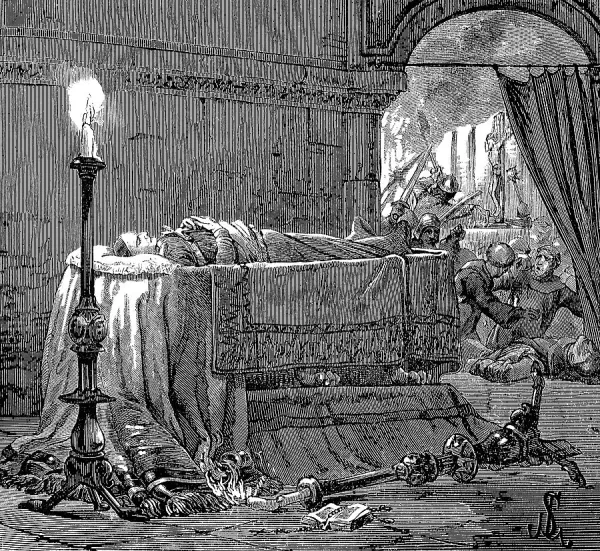
By 1328, the direct Capetian line that ruled France for 300 years was extinct.
People whispered: the curse of the Templars had struck. God had avenged His knights,
People whispered: the curse of the Templars had struck. God had avenged His knights,
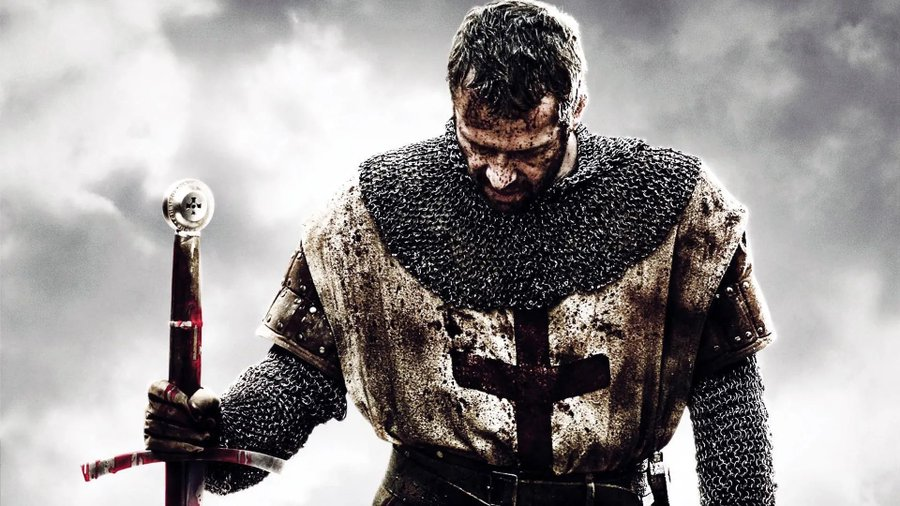
But not all Templars were doomed. One Catholic king refused to betray them.
King Dinis of Portugal welcomed the survivors,
There, they were protected, renamed, and reborn.

King Dinis of Portugal welcomed the survivors,
There, they were protected, renamed, and reborn.
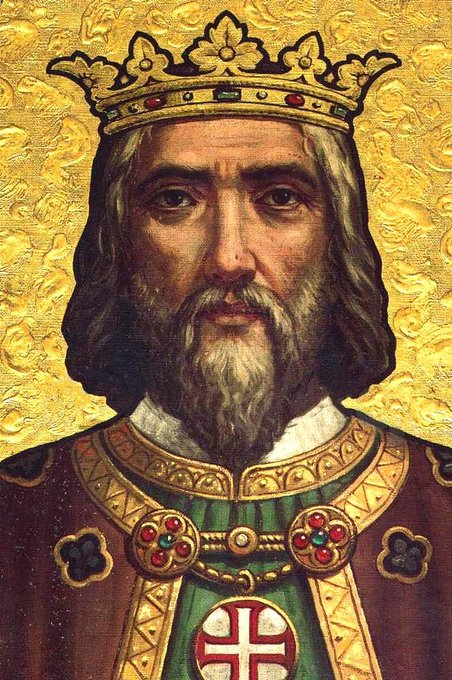
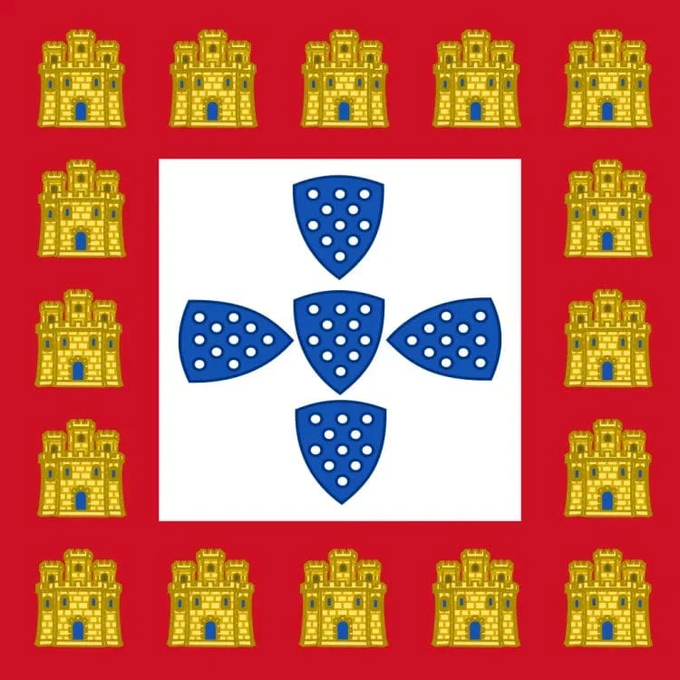
The Templars in Portugal became the Order of Christ.
Still warriors, still holy, now under royal protection.
Centuries later, their cross would fly on Portuguese ships, from Brazil to India, as they carried the Gospel to the world.
Still warriors, still holy, now under royal protection.
Centuries later, their cross would fly on Portuguese ships, from Brazil to India, as they carried the Gospel to the world.
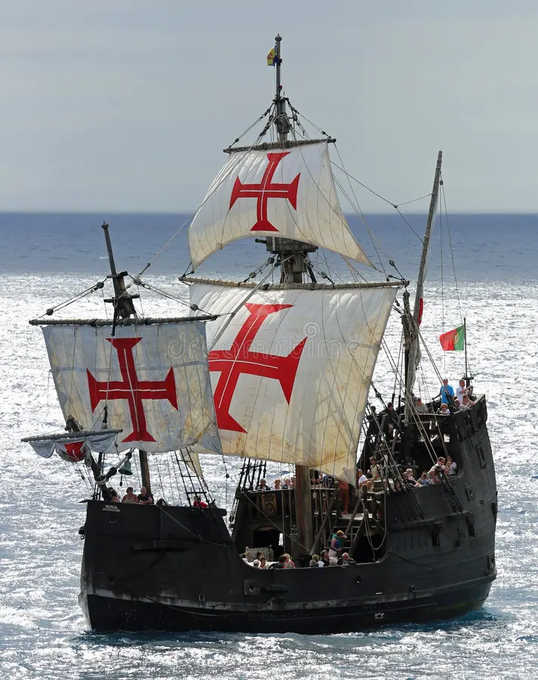
The Templars fell on a Friday the 13th.
But in Portugal, they rose again.
And in the ruins of their betrayal, a righteous king preserved their legacy.

But in Portugal, they rose again.
And in the ruins of their betrayal, a righteous king preserved their legacy.
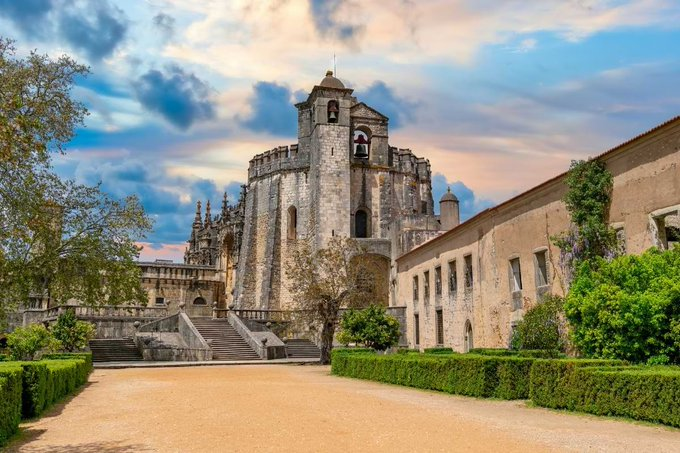
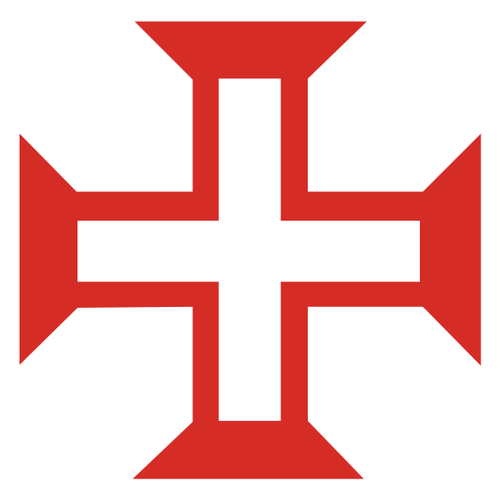
Was it a curse, or was it divine justice?
You can burn the body of a knight but you cannot escape divine retribution from God.
In the end, those who are loyal to Christ, win.
And there is nothing the evil who runs this world can do to change that.
You can burn the body of a knight but you cannot escape divine retribution from God.
In the end, those who are loyal to Christ, win.
And there is nothing the evil who runs this world can do to change that.
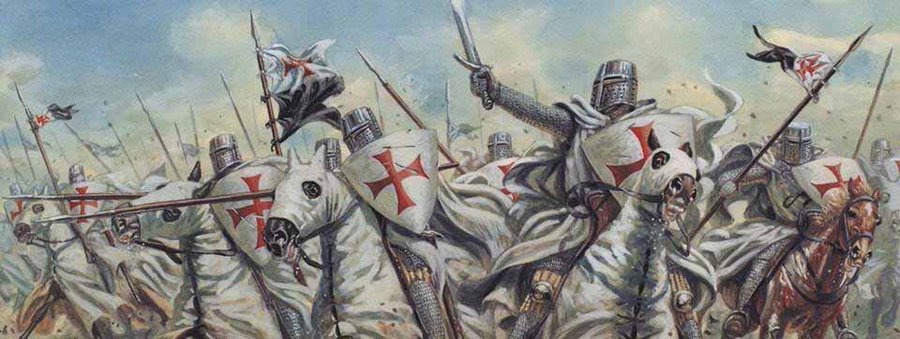
• • •
Missing some Tweet in this thread? You can try to
force a refresh


